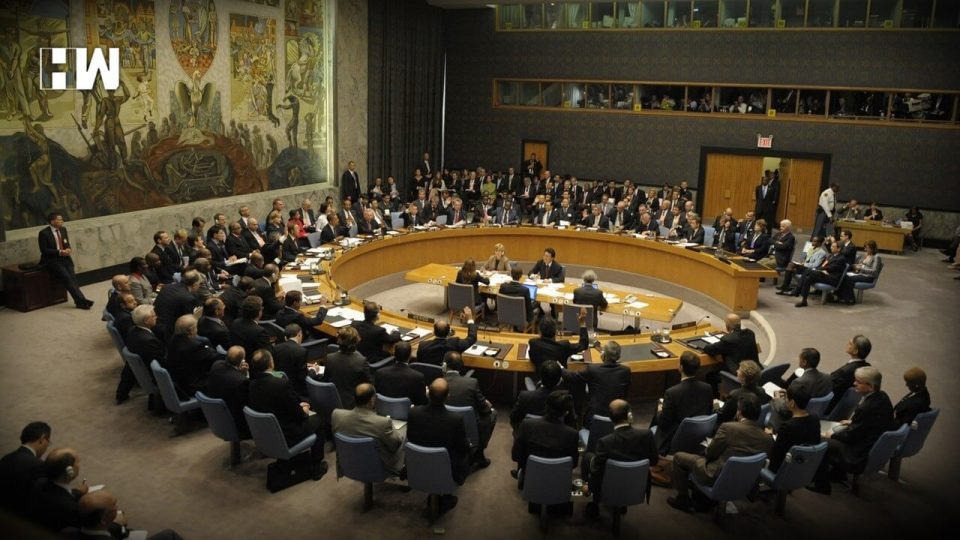India at the United Nations General Assembly has said that UNSC must be made more representative of developing nations, including from Africa
New York [US]: India at the United Nations General Assembly has said that UNSC must be made more representative of developing nations, including from Africa.
Deputy Permanent Representative to the United Nations Security Council Ambassador R Ravindra made the remarks at the first meeting of the plenary on the intergovernmental negotiations on the question of ‘Equitable Representation on and Increase in the Membership of the Security Council and other matters related to the Council.’ In his statement on the issue of “regional representation,” R Ravindra said that it is clear that outdated systems that were created to deal with the challenges of the past cannot be expected to address the multitude of challenges of “today’s dynamic and interdependent world”.
“The Security Council must be made more representative of developing countries, including from Africa. A truly representative Security Council is the most pressing need of the hour. Else, there is a real danger of the United Nations being superseded by other plurilateral and multilateral groupings which are more representative, more transparent and more democratic and, therefore, more effective,” R Ravindra said at the UNGA meeting.
“The Security Council can deliver effective solutions only if it gives a voice to the voiceless rather than zealously guarding the status quo of the mighty,” he added.
R Ravindra said the approach to the intergovernmental negotiation (IGN) needs a “comprehensive rehaul,” according to the statement released by India’s Permanent Mission to the UN. He stressed that an intergovernmental negotiation needs to become a regular negotiation process focused on the discussion of a single text with attributed positions and higher levels of transparency, which will make the process “more inclusive.”
Also, Read: Pakistan To Become Bankrupt, Analysts Warn Of Dwindling Economic Miseries
“We strongly believe that our approach to the IGN process needs a comprehensive rehaul. IGN need to become, before it is too late, a regular negotiation process within the General Assembly, centered on the discussion of a single text with clearly attributed positions, and with higher levels of transparency and documentation, thereby making it a more inclusive process,” R Ravindra said in a statement.
R Ravindra stressed that they have been meeting in an informal format for 15 years. He said that they do not have a zero-draft consolidating the attributed positions of interested stakeholders to hold discussions. Ravindra said that they do not have a single factual record of the IGN proceedings, as per the statement released by India’s Permanent Mission to the UN.
In his statement, R Ravindra said that India will be engaging directly with the relevant section of the Co-Chairs Revised Elements Paper of 16 May 2022 and issue statement on the text as G4. He said that India believes that there is no need to have a lengthy introduction of the document and that a factual account of the IGN meetings should be presented as a separate document.
“It is important to include attributions of positions in all parts of the document, as in any normal UN process. The fact that some sections of the membership do not want to have their positions clearly stated, should not preclude the right of others to have their views duly reflected and attributed. Attribution of positions contributes to the promotion of convergences,” R Ravindra said.
“The division between convergence and divergence throughout the document should eventually be eliminated. The language used in all items grouped under “divergence” already makes it clear that those topics require further discussion. Further, inclusion of attributions, would also make it clear that different positions are on the table on a particular issue,” he added.
(Except for the headline, this story has not been edited by HW News staff and is published from a syndicated feed.)
As an independent media platform, we do not take advertisements from governments and corporate houses. It is you, our readers, who have supported us on our journey to do honest and unbiased journalism. Please contribute, so that we can continue to do the same in future.

